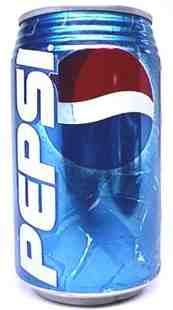The Virtues of American Scientist
Posted by John Baez
A lot of us old-timers feel sad about the decline of serious popular science magazines like Scientific American and New Scientist. Perhaps with the rise of science blogging we don’t really need such magazines anymore. But I’m not so sure…
Lately I’ve been browsing through this magazine at my local bookstore:
It makes me feel the way I used to feel when reading Scientific American. They’ve got articles on all sorts of topics, and tons of book reviews in each issue. They’re well-written, clear, and — best of all, when compared to some of the competition — moderately demanding, not dumbed-down or drawn like a moth to the candle flame of lowest-common-denominator sensationalism.
Why are they so good? Maybe it’s because they’re run by a scientific society, Sigma Xi. The way multimedia conglomerates demand their newspapers, magazines and journals keep boosting their profits may eventually kill certain writerly crafts… but magazines put out by professional organizations may do better. Let’s hope so! A lot of the best things in life are created just for the love of it.
Anyway, I finally broke down and got a three-year subscription to American Scientist. Sure, you can get a lot of their stuff free online (though not all). But, it’ll be fun having a good science magazine to read at breakfast. My wife wisely forbids the use of computers at the breakfast table… but newspapers and magazines are allowed.


Re: The Virtues of American Scientist
Out of curiosity, have you formed an opinion on Seed?